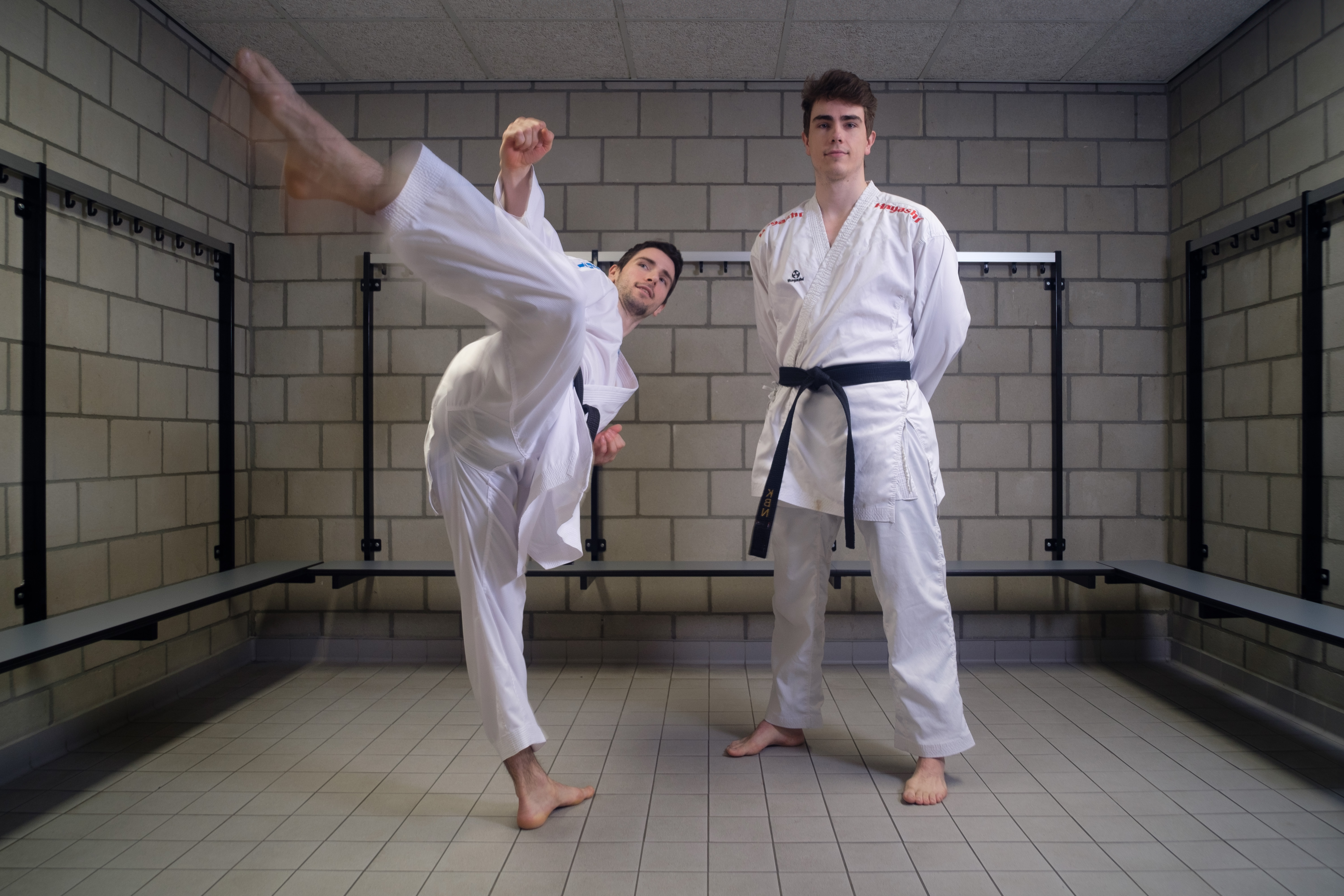News
-
Maastricht University received grants for three of the ten research projects starting in the National Growth Fund program Circular Plastics NL.
-
UM alumni Brian and Rob Timmermans combined their degrees in Econometrics and Sustainable Finance with their passion for karate, resulting in an ever-expanding trophy collection. Both brothers are multi-time and reigning Dutch champions in their respective weight classes and have achieved success on...
-
Emily O’Reilly has held the position of EU Ombudsman for over a decade, ensuring the transparency of the EU institutions by investigating high-profile cases of maladministration and promoting good governance. On June 20, 2024, she gave a keynote address at the conference “Between narratives and...
-
Article "T. rex is Fierce, T. rex is Charismatic, T. rex is Litigious: Disruptive Objects in Affective Desirescapes" by Donna Yates and Emily Peacock presenting T. rex fossils as disruptive objects that can drastically influence the actions and reactions of humans that encounter them.
-
"I am proud that our new Circular Plastics group published its first completely in-house research," Kim Ragaert says. She founded the research group three years ago, when she moved to Maastricht. Her work has laid the foundations for many innovations in the field of plastic recycling, and she is...
-
ROA publishes new research on international students' stay rates and impact on labor market estimates
-
Imagine this: as a newly graduated master's student, you get to share the insights you gained during your research at an international conference. This happened to Bram Mennen. At the end of June 2024, he presented the results of his thesis on the training data of top cyclist Annemiek van Vleuten at...
-
In this article, Emilie Sitzia, a Comenius Leadership Fellow at the Faculty of Arts and Social Sciences of Maastricht University, explores how to think and do PBL otherwise, that is, how to (re)integrate our eight senses into Problem-Based Learning.1
-
In the ever-evolving landscape of research and politics, the concept of purposive transformations has been growing in importance over the past years. However, the literature on transformations is diverse, lacking coherence, and necessitating better theorisation and cross-fertilisation. Typically...
-
Fair and Smart Data (FSD) researcher Niklas Mensing attended the World Cocoa Conference in Brussels this year. In his blog, he shares personal learnings and thoughts from the conference proceedings and highlights some of the industry's core issues.









